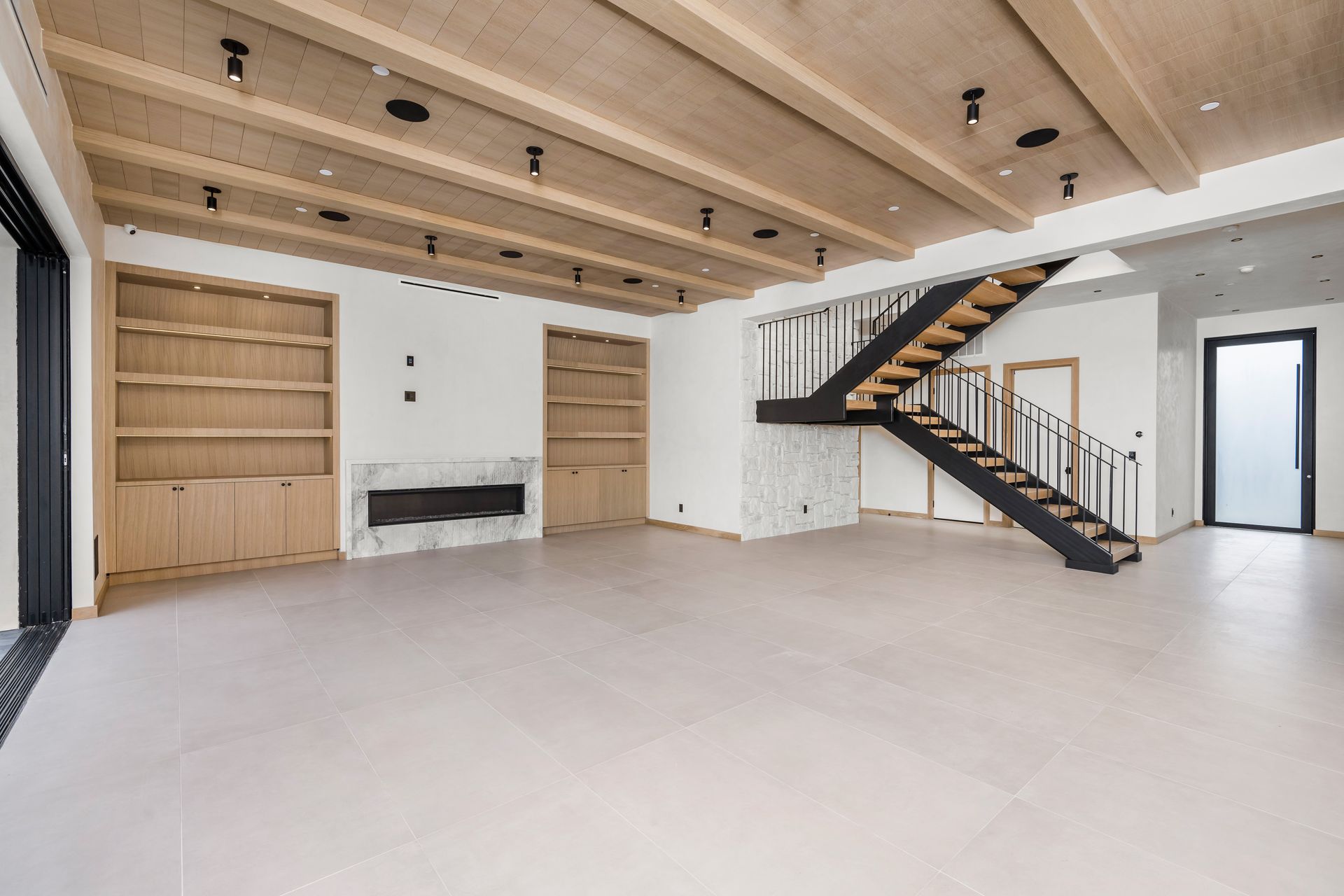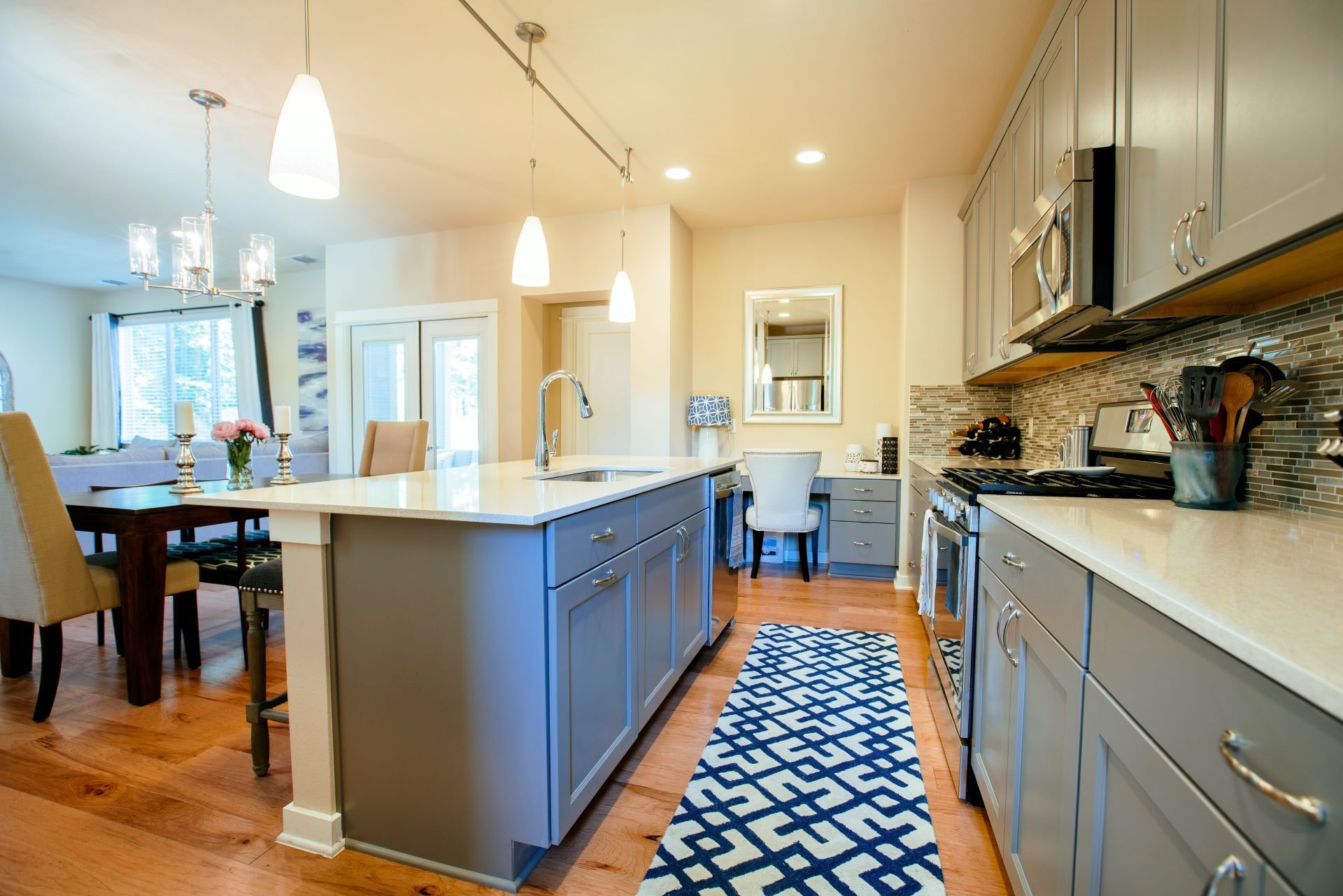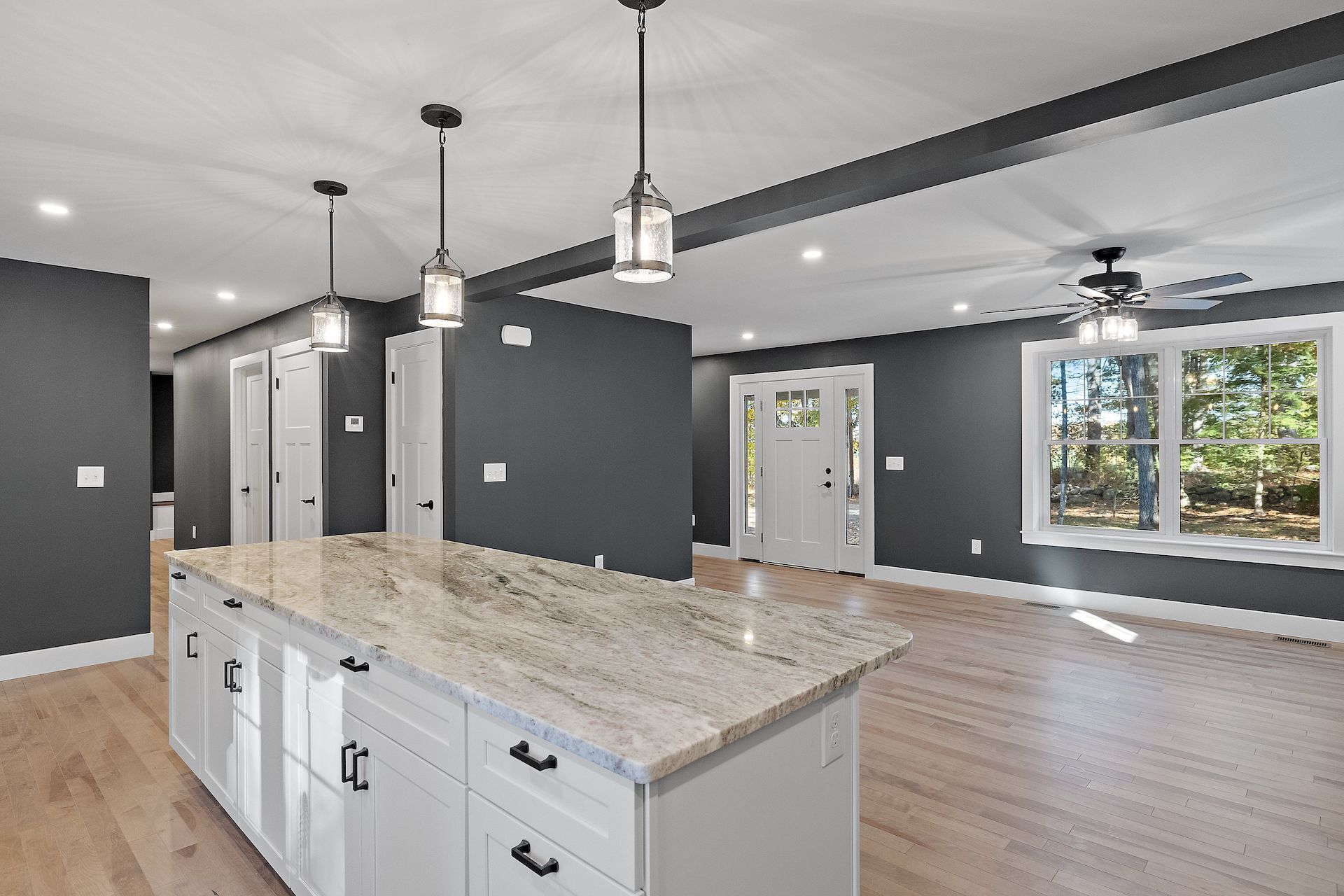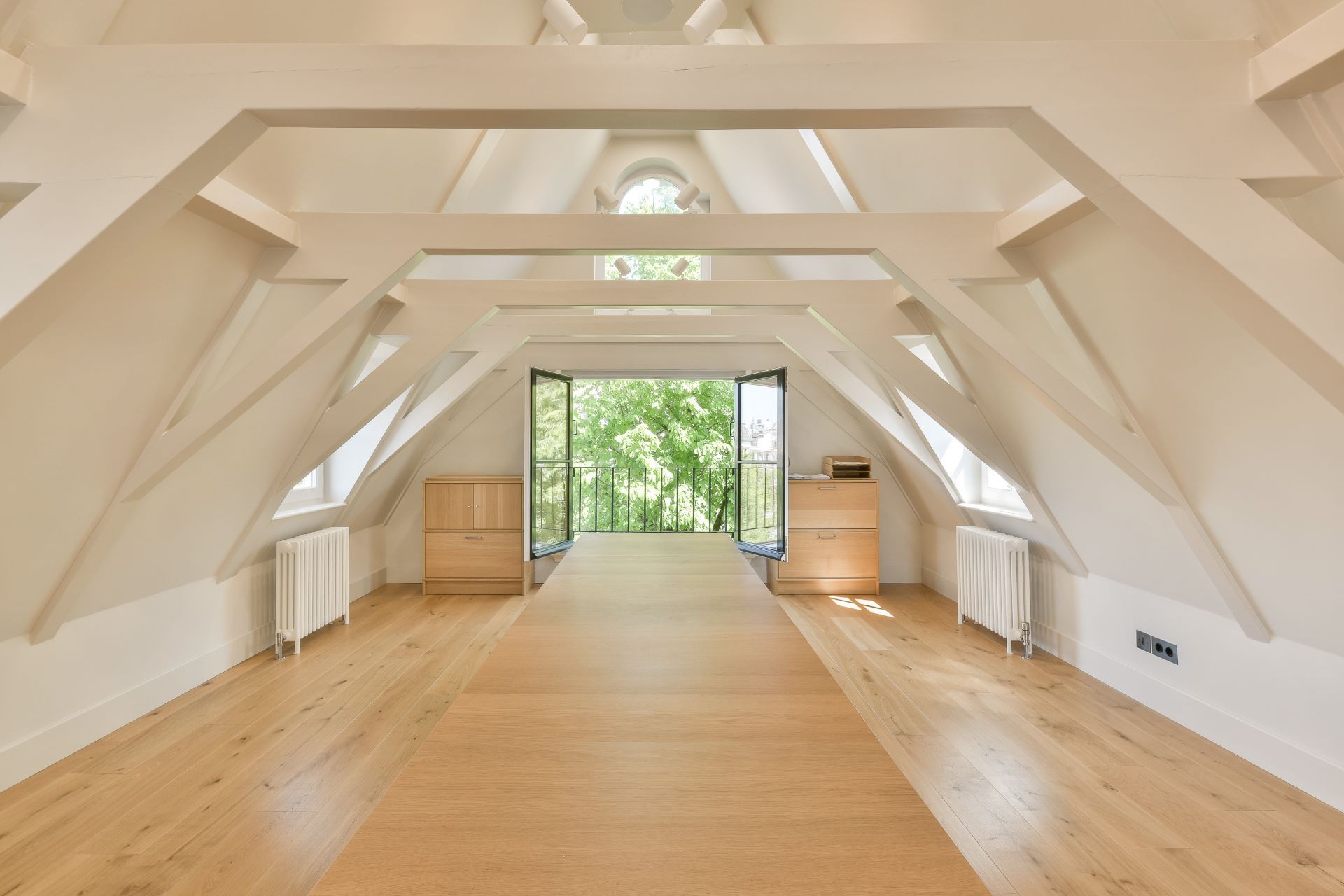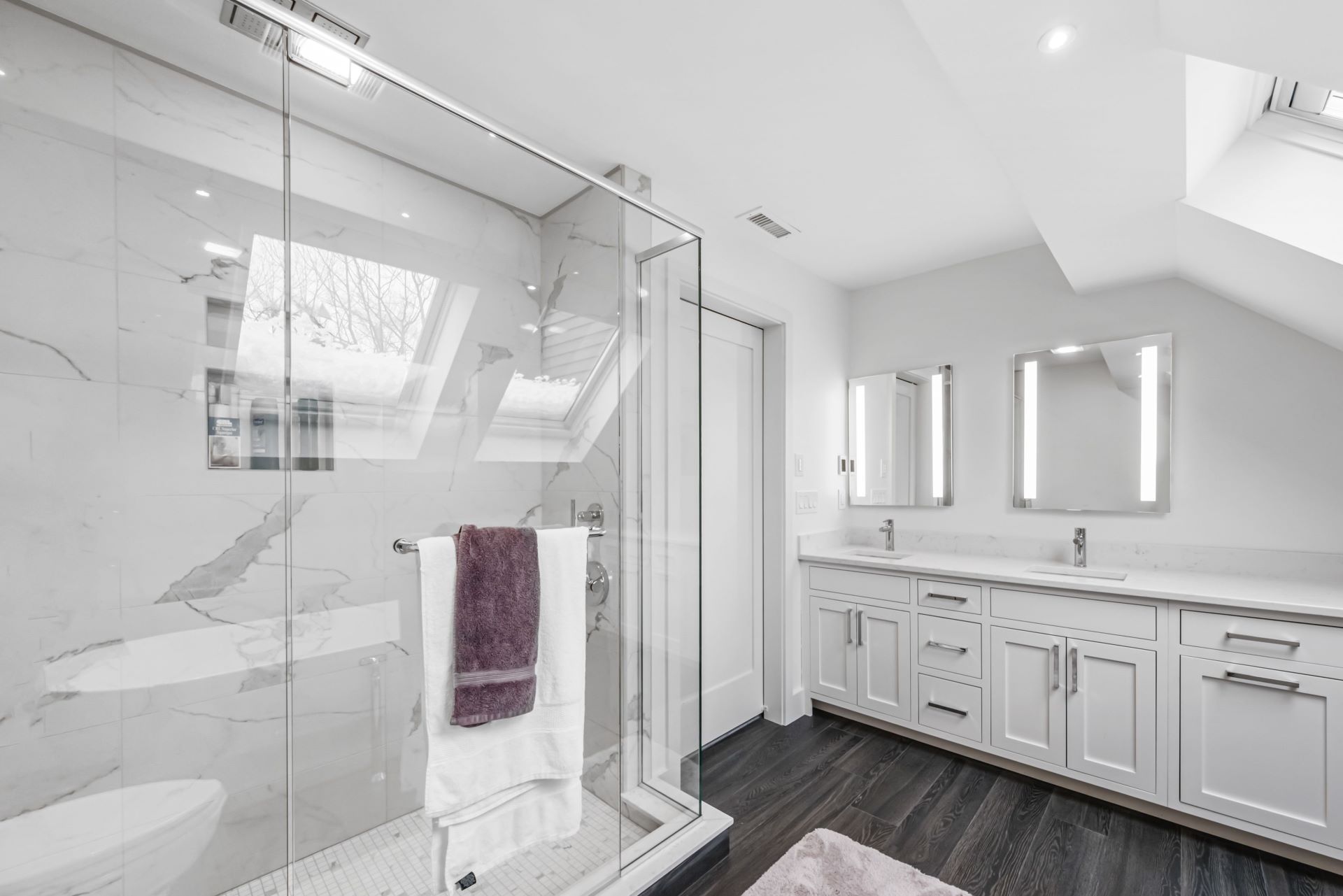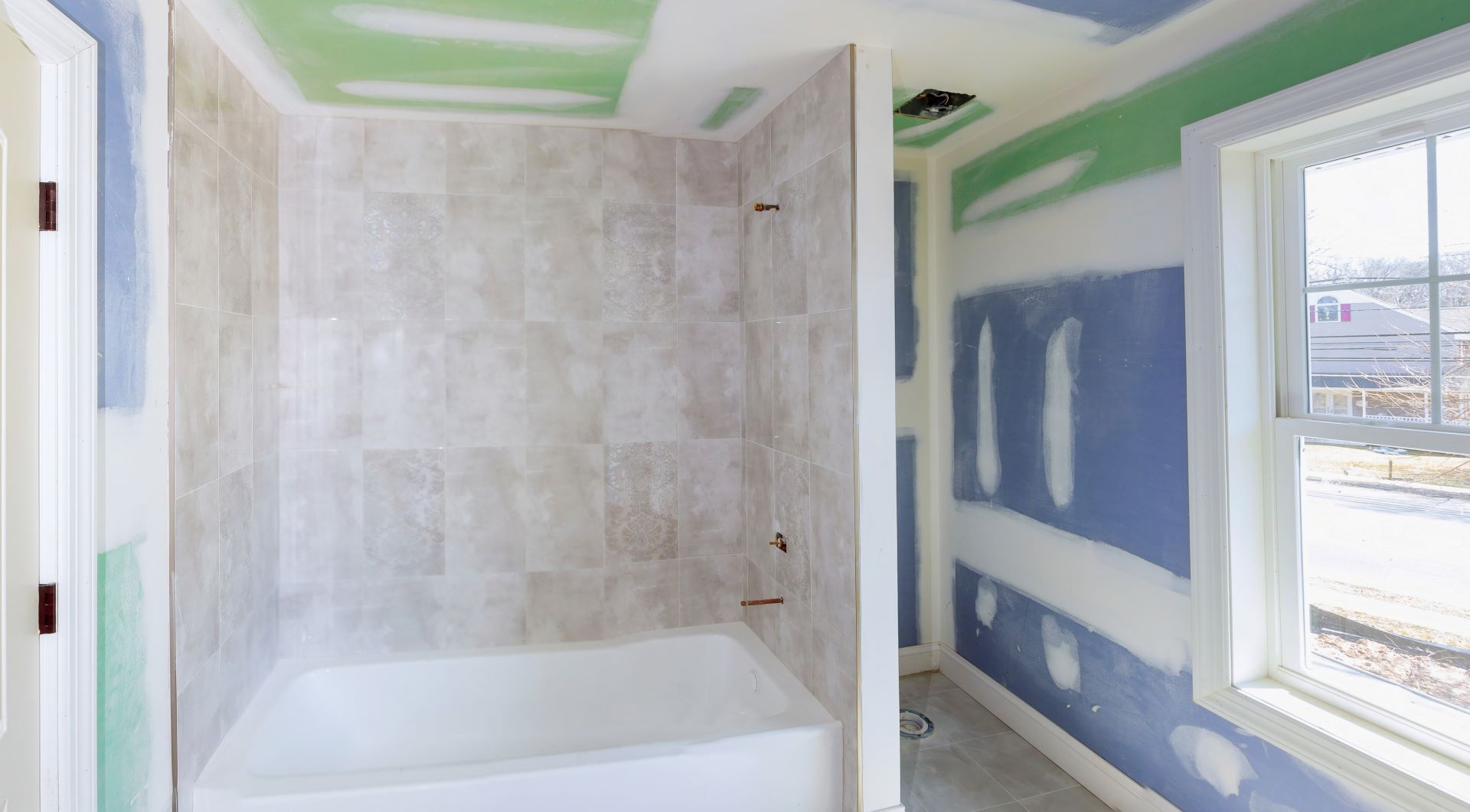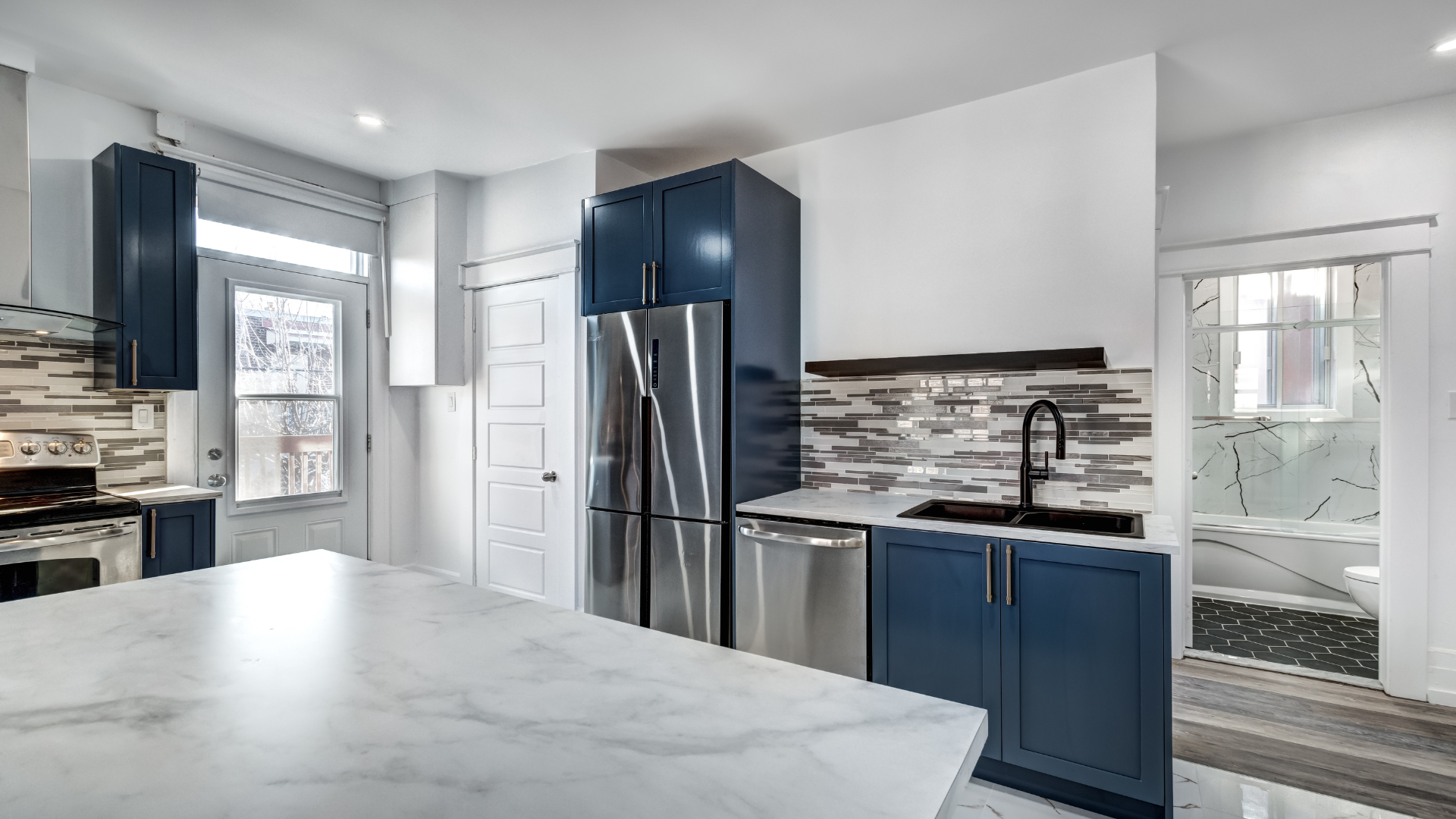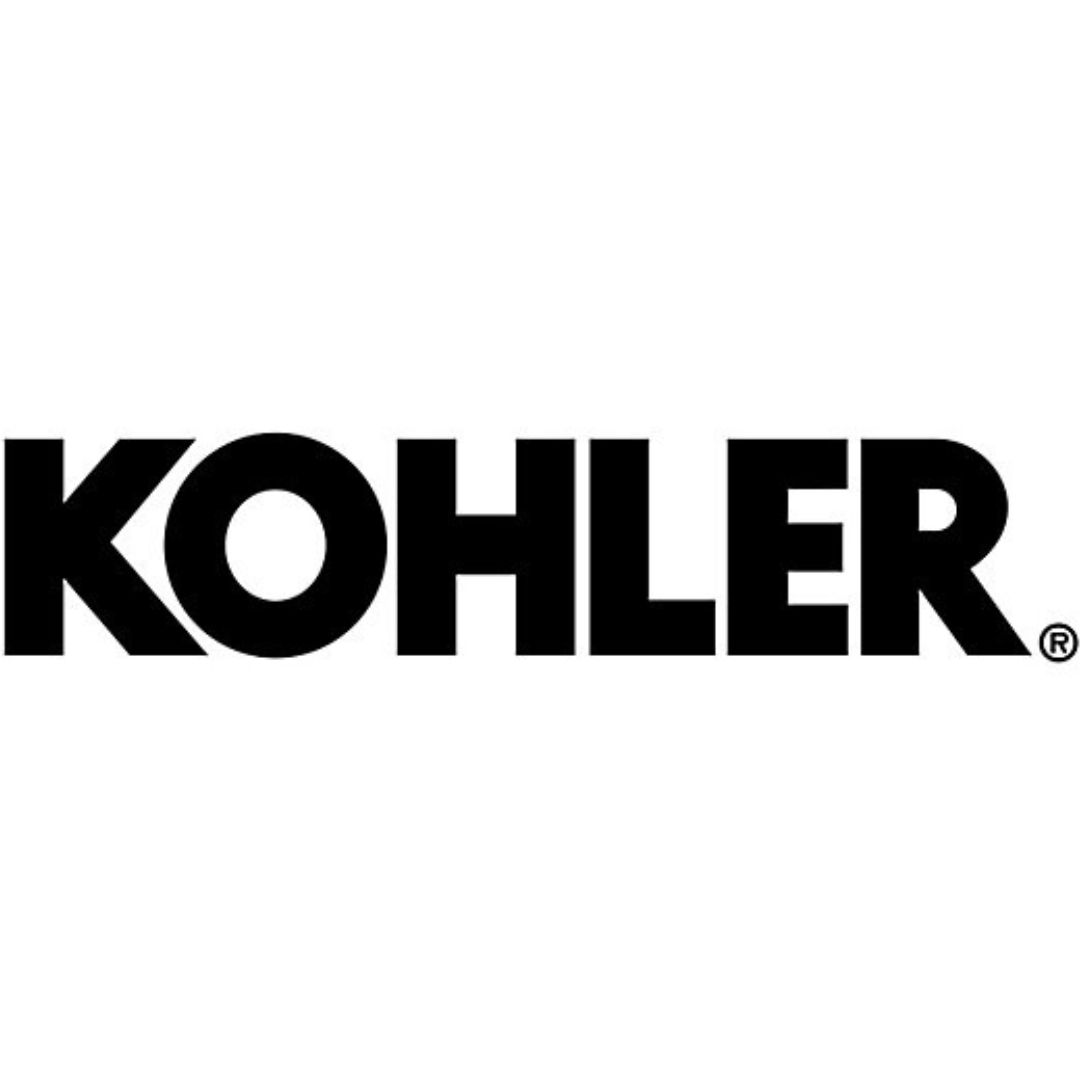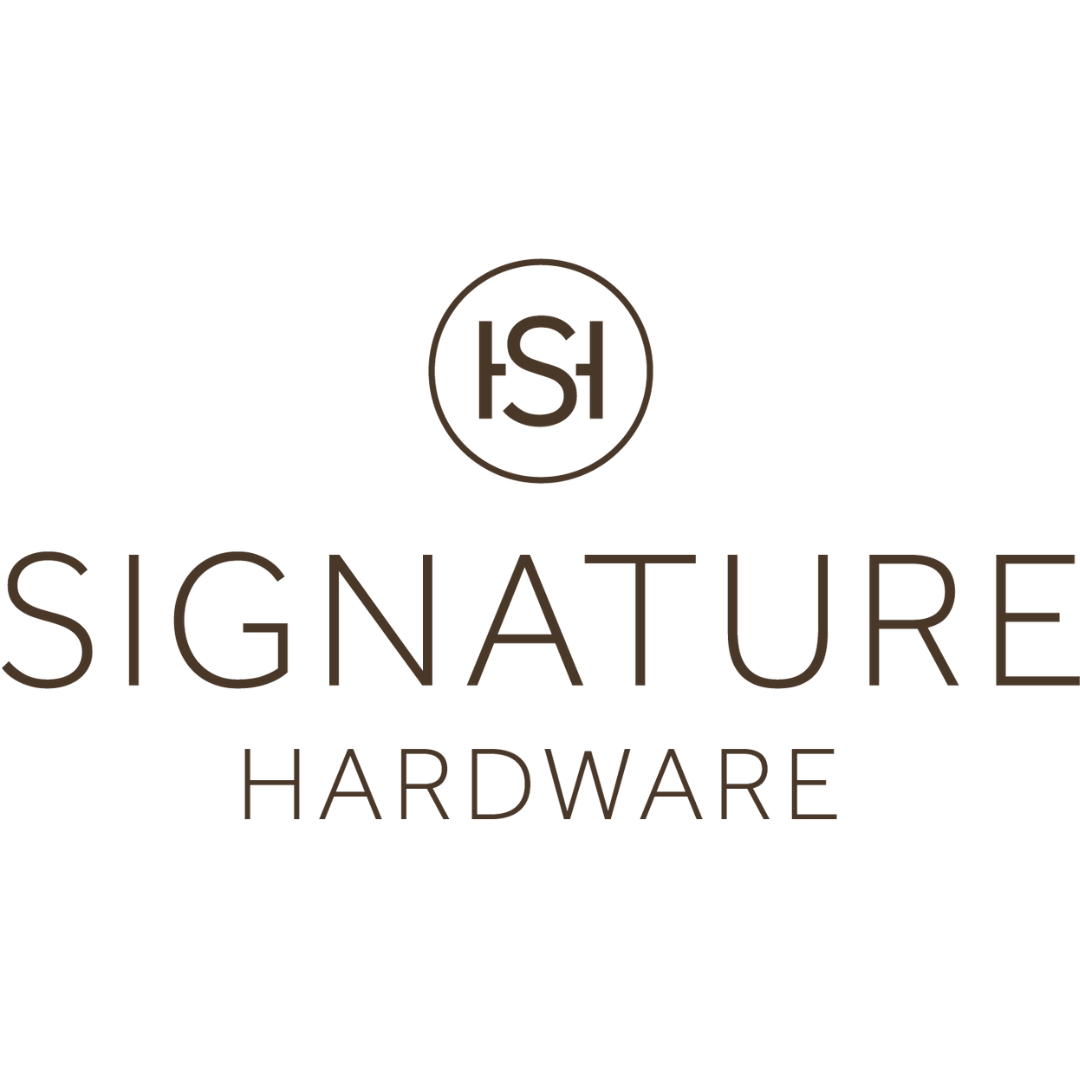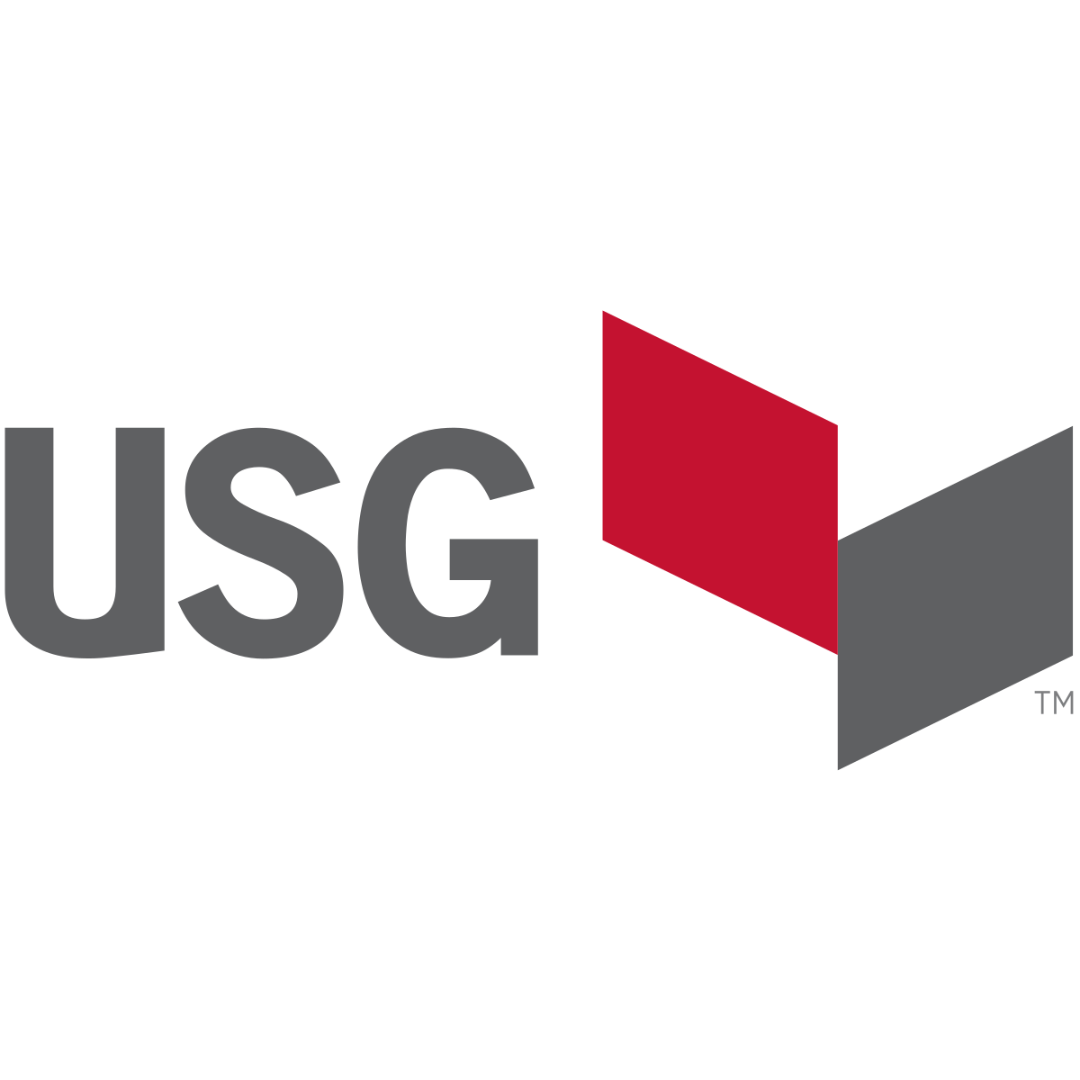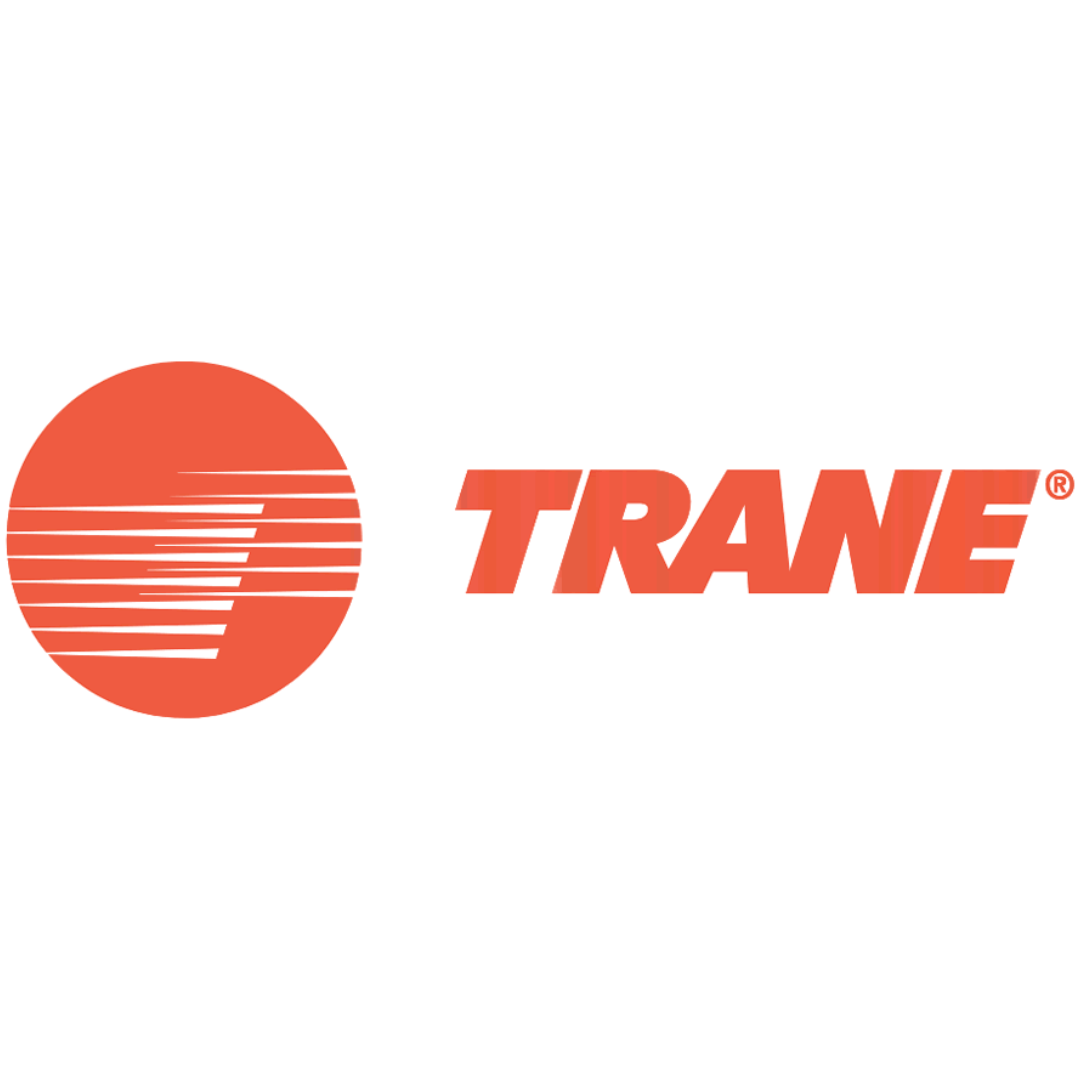Can I deduct Remodeling expenses for Rental Property?
October 30, 2024
Owning a rental property can be a lucrative investment, especially when you make strategic improvements that increase its value. But, as you consider remodeling, you may wonder if your remodeling expenses are deductible. This question is common for rental property owners, and the answer can help you make more informed financial decisions.
Whether you’re updating a bathroom, fixing a leaky faucet, or adding a new roof, each project can help boost your rental property’s appeal and potentially lower your tax obligations. While not all remodeling expenses are deductible immediately, smart planning and professional tax advice can help you benefit from both immediate deductions and long-term depreciation.

Understanding Deductible vs. Non-Deductible Expenses
The IRS distinguishes between repairs and capital improvements when it comes to rental property expenses, and this distinction is critical in determining what you can deduct. Generally, repair costs that restore a property to its original condition are deductible immediately, while improvements that add value or extend the life of the property are not. Instead, improvements must be depreciated over several years.
Understanding this distinction can help you structure your remodeling plans in ways that bring both immediate benefits and long-term financial gains.
Capital Improvements: What Are They and How They Affect Taxes
Capital improvements refer to substantial modifications or additions that enhance the property’s value, prolong its useful life, or adapt it to new uses. For rental properties, common examples of capital improvements include:
- Adding a new room
- Installing a new roof
- Upgrading the kitchen or bathroom
- Replacing the HVAC system
Because these improvements increase the property’s overall value, the IRS requires that they be “capitalized.” This means the cost of the improvement is added to the property’s tax basis and depreciated over time, typically over 27.5 years. So, while you won’t receive an immediate deduction, you will benefit from ongoing depreciation that can reduce your tax burden over the years.
Repairs and Maintenance: Tax Deductions You Can Take Immediately
Repairs and maintenance are generally smaller-scale projects that maintain the property’s original condition without significantly increasing its value. These expenses can be fully deducted in the year they occur, helping to offset your rental income. Some common deductible repairs include:
- Fixing leaks or broken windows
- Painting or plastering walls
- Repairing the roof or gutters
- Replacing broken appliances
By identifying whether a project is a repair or improvement, you can maximize your tax benefits and better manage the cash flow from your rental property.
How to Track and Document Remodeling Expenses for Maximum Deduction
Accurate tracking and documentation are essential for claiming deductions and capital improvements properly. To streamline the process:
- Keep all receipts and invoices: These can prove invaluable when distinguishing between repairs and capital improvements.
- Document project descriptions and dates: Knowing when a project took place can clarify its classification during tax time.
- Use accounting software: Software designed for property owners can help keep records organized and accessible for tax purposes.
Proper documentation ensures that you can substantiate your deductions in case of an IRS audit and helps you stay prepared when tax season rolls around.
How to Report Remodeling Deductions on Your Tax Return
When it’s time to file your taxes, you’ll report deductible expenses on Schedule E (Supplemental Income and Loss), where you’ll also include your rental income and other costs associated with your rental property. Capital improvements are handled separately, as these are added to your property’s basis and depreciated over time.
To make sure you’re taking advantage of all allowable deductions, consider consulting a tax professional who specializes in real estate. They can provide guidance on eligible expenses, depreciation schedules, and reporting strategies to help you maximize your savings.
Ready to Enhance Your Rental Property’s Value?
If you’re thinking about remodeling your rental property, Nova Homes is here to help. Our expert team specializes in quality renovations that can elevate your property’s appeal and ensure lasting value. Contact us today to get started on a remodeling plan tailored to your investment goals!


